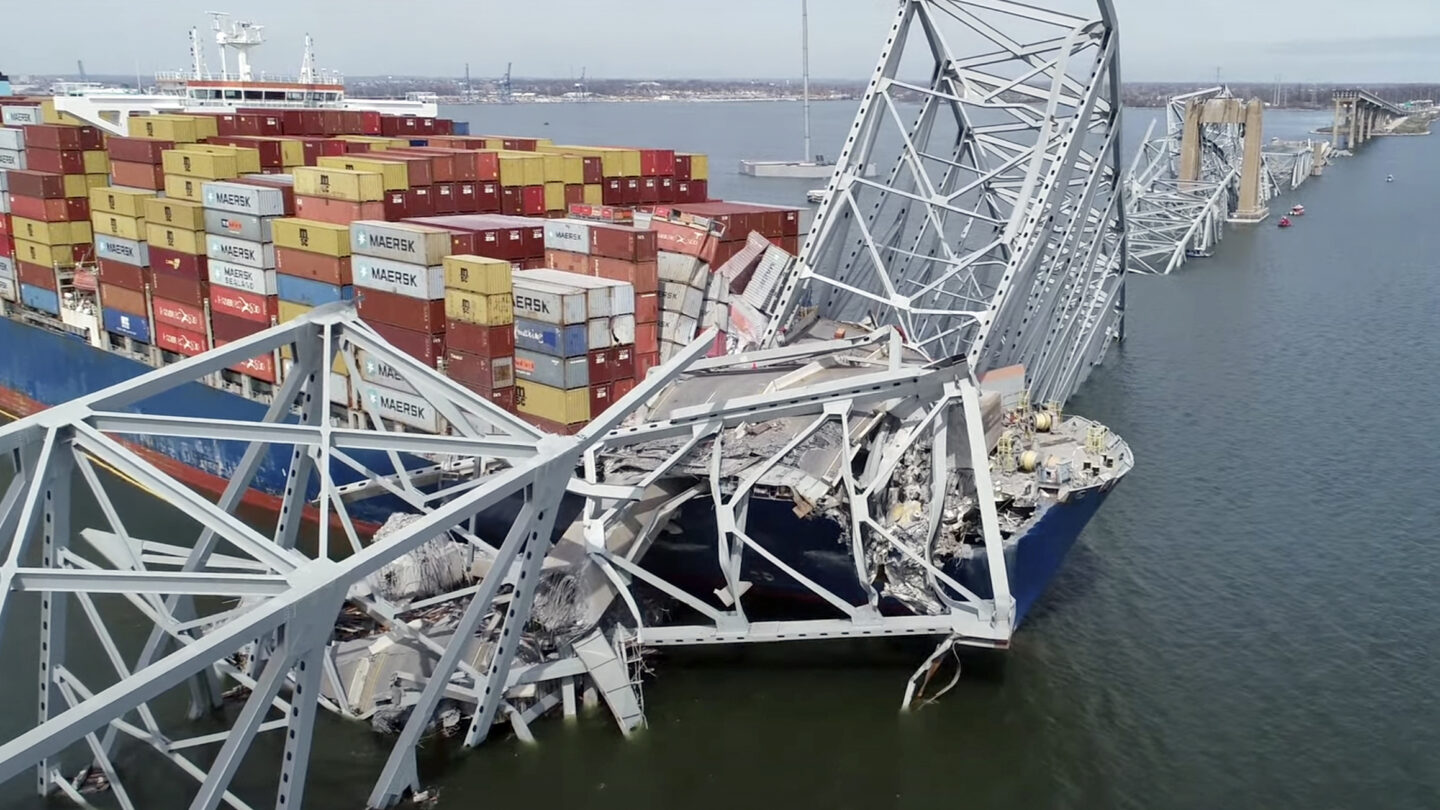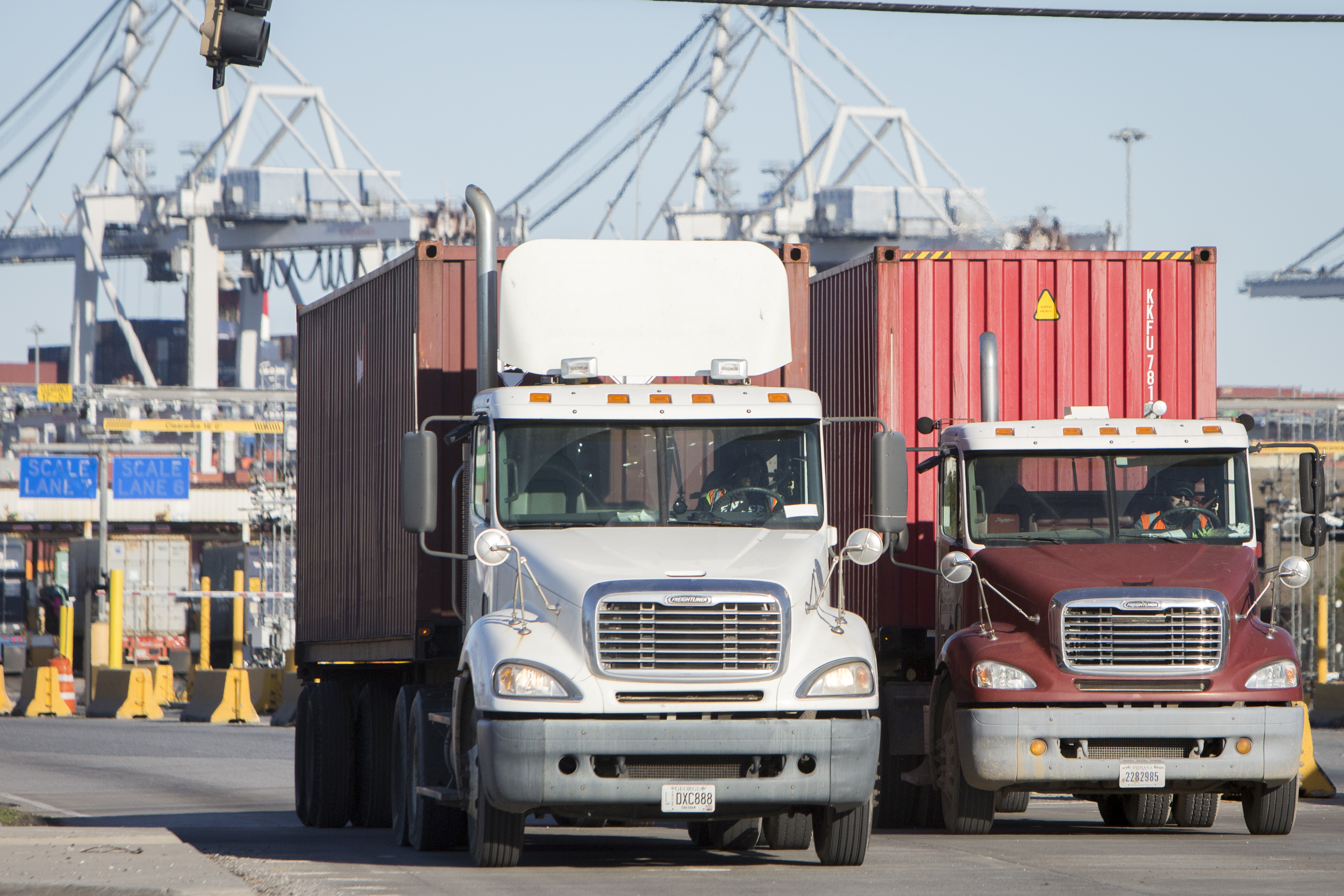Georgia ports are prepared to absorb cargo diverted from Baltimore following the Francis Scott Key Bridge collapse earlier this week.
It could take some time to determine where shipments will be rerouted, but auto companies have already contacted the Port of Brunswick about transferring car shipments.
Cargo ships could be sent to Georgia’s seaports in Savannah and Brunswick as a result.
The Port of Brunswick, about an hour and a half south of Savannah, is the second busiest port in the country for vehicles and “ro-ro” — most wheeled cargo that can be rolled on and off a ship, such as buses, trailers and railroad cars.
Baltimore is first.
“Georgia should have quite a bit of capacity, but because of this, it will come as a surprise for them. And the quantities are really significant. I think it will be a challenging task for them,” said Golara.
Golara says Brunswick can handle around 900,000 cars. The port is expanding to an estimated capacity of 1.5 million vehicles in the next year.
“Ports that have to take on diverted shipments have to be able to process this kind of product. So that makes it a little bit challenging. Georgia, fortunately, has all the infrastructure there.”
Sina Golara, assistant professor of supply chain management at Georgia State University
According to Georgia Ports Authority, in 2023, the port carried 775,000 auto and heavy machinery units. Brunswick continues to add more capacity, utilizing $262 million in recent investments.
Georgia state Sen. Derek Mallow represents District 2, which includes Savannah, and he expects an increase in cargo for Georgia ports.
“We are the third largest port in the US. And because of that, if there are going to be shipping containers, those will come through the port of Savannah.”
Georgia Sen. Derek Mallow, D-2
Nikolay Osadchiy, professor at Emory’s Goizueta Business School, says cargo will also be moved to ports closer to Baltimore.
“Part of it will be the route to Savannah. Some other parts will be routed to New York, Philadelphia, and those ports on the Eastern Seaboard. But the good news is that these ports have the capacity to accommodate this additional traffic.”
He says Georgia could feel the impacts in a variety of ways.
“Some of the goods might have been bound for Georgia, or maybe some companies in Georgia are shipping through the Port of Baltimore, and these companies will be affected.”
In an emailed statement, Tom Boyd, chief communications officer for Georgia Ports Authority, says customers are mulling options for their Baltimore cargo.
“Many will decide in two weeks in hopes of hearing when the Port of Baltimore will reopen,” said Boyd.








